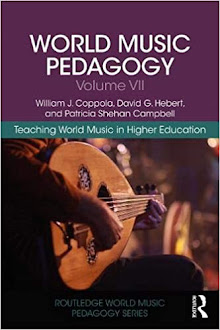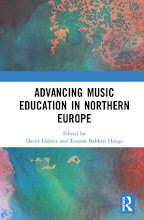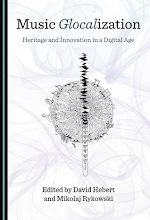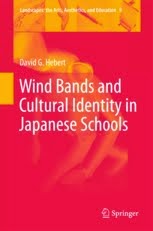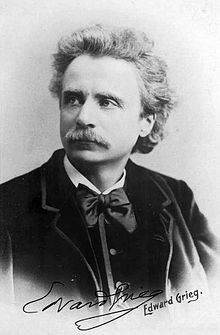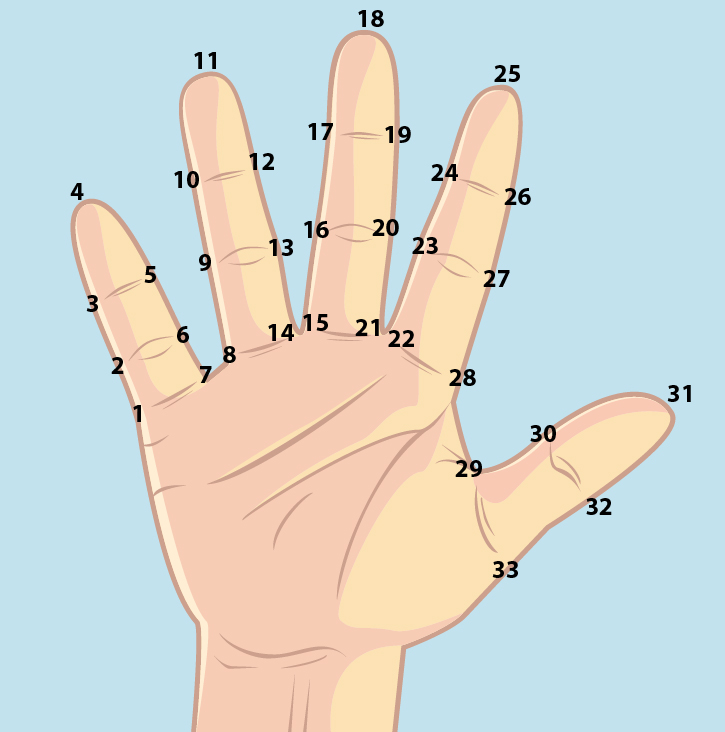UPDATE (Summer 2023): Click HERE to access entire demo album with original song arrangements.
UPDATE (Autumn 2023): Sympathetic Resonance Trio has been awarded funding from the Norwegian Barents Secretariat to develop its performance outreach project in Kirkenes, the far Northeast of Norway.
The Sympathetic
Resonance Trio is comprised of three performers with different national,
cultural and musical backgrounds. Sergej Tchirkov from St. Petersburg has the
accordion as his main instrument and is a PhD candidate in music at the Grieg
Academy, University of Bergen. Sergej has performed widely across Europe and
has recently made himself known as a strong critic of Russian aggression and as
a music activist with concerts against the war. David Gabriel Hebert is a Professor
of music education at Western Norway University of Applied Sciences, and joins
the trio as its trumpeter and vocalist. He comes from Seattle, and in addition
to a broad career as a practicing musician, has around ten books and a number
of publications behind him. Ole Øvretveit is a Norwegian guitarist, producer
and political scientist. Øvretveit has a background in cultural and scientific
cooperation across national borders as well as blues-based music.
Sympathetic
Resonance began as a cross-genre music project where improvisation and
co-creation were the focus. Over time it has become more structured and based
around a set of songs, but co-creation, new thinking and improvisation remain
central concepts. Our project aims to create an understanding of the times we
live in and a commitment to help make the future better.
A war of
occupation in Europe is something that only a short while ago most of us liked
to imagine was impossible. But it is here, and decades of cross-border
cooperation are ending, perhaps for good. Cooperation between Russia and the
West is not possible today. But it is possible to use culture and music to
understand both our common and differing histories, nature and cultural
traditions. It is possible to focus on both the dark and light parts of history;
It is also possible to shine a spotlight on the positive effects of interaction,
cultural cooperation and mutual understanding between positive forces across
borders. It is better to build bridges than walls, even if the bridges may be
made of air.
With
interaction and improvisation as a foundation, the trio interprets music across
borders, eras, themes, cultures and nature, from the cold Arctic in the north
to the rivers that flow south into the Black Sea and the Gulf of Mexico. Our project
deepens understandings and dialogue based on three thematic threads: Human
dignity and democracy; man and nature; interaction and co-creation.
LINKS TO
SONG SAMPLES:
Musicians:
Sergej
Tchirkov, accordion
David
Hebert, voice and trumpet
Ole Øvretveit,
acoustic guitar
Link to
VR-painted video: https://youtu.be/oYEEsNrJ74E


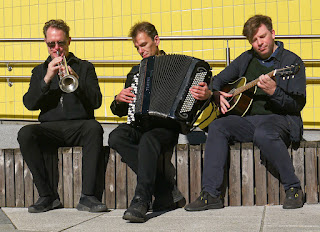






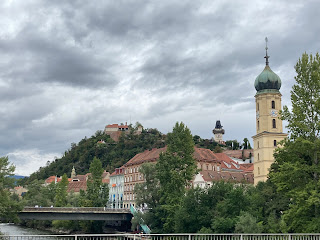


.jpeg)












